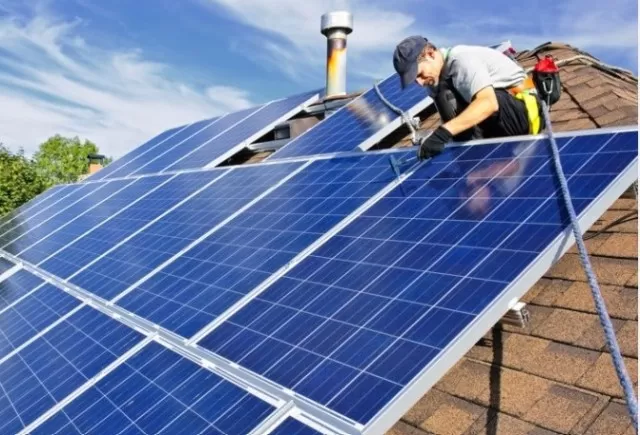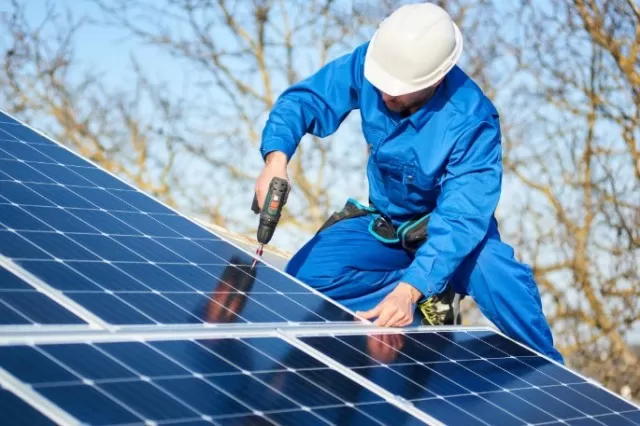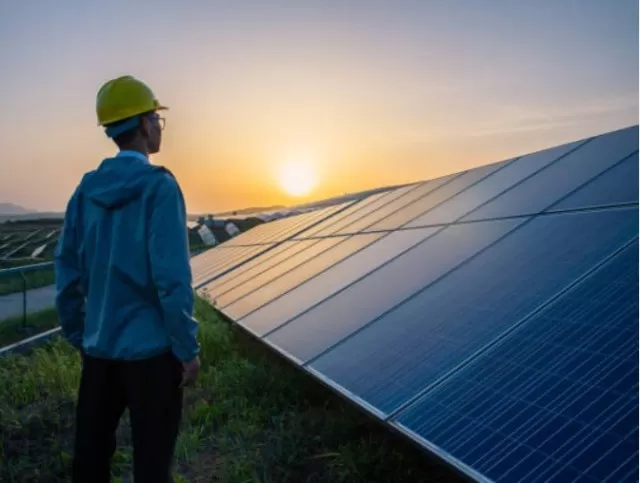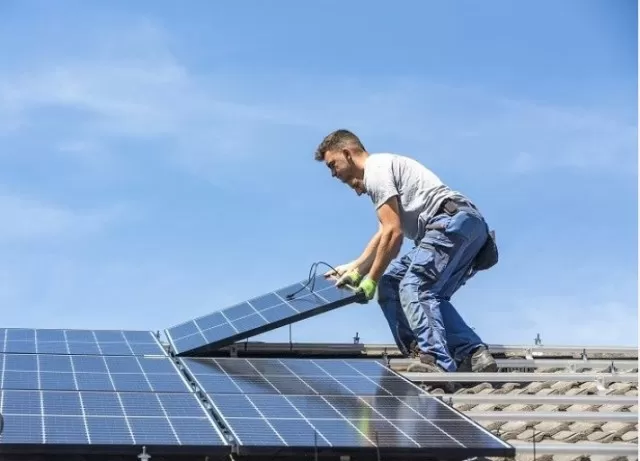4 Factors to Assess Before Installing Solar Panels on Home. If you are committed to living an eco-friendly lifestyle, there are various changes you can make within your home to contribute to a greener future. While practices such as recycling and composting are important, larger-scale changes, such as installing solar panels, can have a significant impact.
Transitioning to solar energy for your home not only aligns with sustainable living principles but also reduces greenhouse gas emissions, thereby playing a role in preserving our environment. By harnessing the power of the sun, you can embrace a more environmentally friendly way of life.
Evaluating Energy Consumption: Key Considerations Before Installing Solar Panels

Before making the decision to invest in solar panels, it is essential to assess your current energy usage at home.
Experts advise taking into account factors such as the size of your home, the number of occupants, and your energy consumption habits. These variables play a significant role in determining the appropriate size and capacity of the solar panel system that would best suit your needs.
By thoroughly understanding your energy requirements, you can make an informed decision about whether solar energy is the right choice for your home. Talplacido emphasizes the importance of this assessment process to ensure optimal performance and efficiency of the solar panel system.
Finding Reputable Solar Providers
When exploring solar panel options, it is crucial to conduct thorough research and seek out trustworthy professionals.
Krystal Persaud, co-founder of Wildgrid, emphasizes the importance of understanding any contracts before signing them. She advises caution when dealing with solar salespeople who may prioritize closing deals quickly over considering the homeowner’s best interests. Instead, opt for a company that prioritizes transparency and provides detailed information about the advantages and disadvantages of solar panels.
To ensure a reliable installation, look for providers who offer comprehensive quotes and take the time to educate you about the entire process.
By working with a reputable company that values customer education and provides transparent information, you can make informed decisions about solar panel installation and have peace of mind throughout the entire process.
Assessing Your Roof

When considering solar panel installation, it is common to evaluate the suitability of your roof.
While it is possible to install solar panels on a garage or in your yard, the roof of your home remains a popular choice. Krystal Persaud emphasizes the importance of assessing specific factors related to your roof.
Here are some key considerations:.
Orientation and Sun Exposure: Evaluate the orientation of your roof and determine if it receives ample sunlight throughout the day.
A south-facing roof is typically ideal for maximizing solar energy production.
Structural Integrity: Ensure that your roof is structurally sound and capable of supporting the weight of solar panels.
Consider consulting a professional to assess its strength and stability.
Age and Condition: Take into account the age and condition of your roof.
If your roof requires repair or replacement in the near future, it is advisable to address those issues before installing solar panels to avoid potential complications down the line.
Shade and Obstructions: Identify any potential shading from trees, nearby buildings, or other obstructions that could obstruct sunlight and impact the efficiency of your solar panels.
Considering Roof Age
It is crucial to assess the age of your roof before proceeding with solar panel installation, according to David Steckel, home expert at Thumbtack.
If your roof is over 10 years old, Steckel advises evaluating the potential costs of replacing both the solar panels and the roof itself. Asphalt roofs, for instance, typically last between 15 to 20 years. Given that solar panels have a lifespan of 25 to 30 years, it is important to ensure that your roof has a similar or longer lifespan to maximize the investment.
By calculating the potential expenses associated with roof replacement during the solar panel lifespan, you can make an informed decision regarding the timing of your solar panel installation.
Consulting with professionals in the industry, like Talplacido, can provide further guidance and insights tailored to your specific situation. This comprehensive assessment will help you plan effectively and ensure a seamless integration of solar panels with a roof that can support them for their intended lifespan.
Determining Roof Angle: Maximizing Solar Panel Efficiency

Understanding the angle of your roof is crucial for optimizing the performance of solar panels, as advised by Talplacido.
Solar panels work most efficiently when they are positioned at the optimal angle and facing the right direction. Typically, an angle between 15 to 40 degrees is considered ideal for solar panel installations.
If your roof has a non-optimal direction or a flatter or steeper angle, it may affect the efficiency of your solar panels.
While it is still possible to install solar panels on roofs with less-than-ideal angles, their energy production may be slightly reduced. Assessing the angle of your roof will help you determine the most suitable positioning and maximize the solar energy generation potential of your system.
Ensuring Roof Structural Integrity: Essential for Solar Panel Installation
Assessing the structural integrity of your roof is a crucial step before installing solar panels, as emphasized by Talplacido.
Traditional solar panels can be heavy, and it is essential to ensure that your roof is capable of supporting the additional weight.
To determine if your roof is suitable for solar panel installation, it is recommended to consult with a structural engineer.
They will assess the load-bearing capacity of your roof and provide expert insight into its ability to support the weight of the solar panels. This evaluation will ensure the safety and stability of your roof structure throughout the lifespan of the solar panel system.
Assessing Costs: Financial Considerations for Solar Panel Installation

In addition to the cost of solar panels, it is essential to evaluate the overall expenses associated with installation, as highlighted by Talplacido.
Homeowners should consider their budget and carefully weigh the upfront costs against the long-term savings in energy bills to determine the financial viability of investing in solar panels.
It is also worth researching and exploring potential state and city incentives that may be available.
These incentives can significantly impact the overall cost and make solar panel installation more financially attractive. Local governments often provide incentives such as tax credits, rebates, or grants to encourage the adoption of renewable energy systems.
*The information is for reference only.